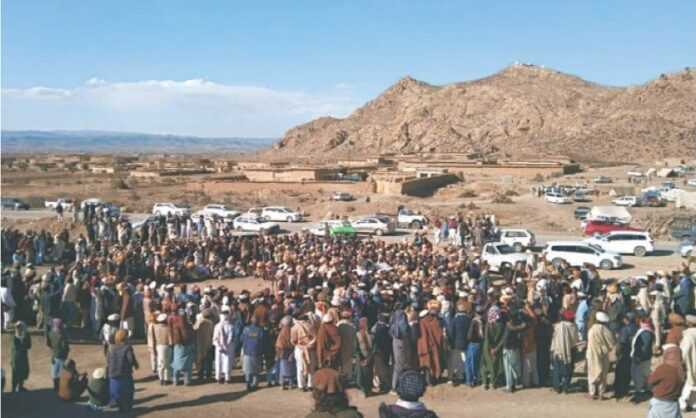The closure of the Angoor Adda border crossing between Pakistan and Afghanistan has now stretched into its 23rd month, triggering an economic and livelihood crisis in South Waziristan. Trade remains suspended, markets lie deserted, and the region faces a severe economic downturn.
Local traders have renewed their appeal to the federal government, urging the immediate reopening of the border for commercial activities. They highlight the growing economic despair and rising unemployment in the region as a result of the border closure.
Saifur Rehman, President of the Lower South Waziristan Chamber of Commerce and Industry, said that the prolonged closure has caused billions of rupees in losses, impacting both local businesses and national revenues. He stressed that trade with Afghanistan, once thriving through the Angoor Adda crossing, has been effectively halted. “This has crippled local markets, warehouses, transport operations, and various supporting industries,” he stated.
Thousands of daily wage earners working in transport, hospitality, offloading, warehousing, and retail sectors have lost their livelihoods due to the trade suspension. “Many households are struggling to survive,” Rehman added. “Once-bustling trade hubs have now turned into economic dead zones.”
While some traders have shifted operations to alternative routes such as Torkham, Chaman, and Ghulam Khan, these alternatives are costly, time-consuming, and lack the logistical benefits of Angoor Adda. This shift has increased transportation costs and diminished South Waziristan’s importance in regional trade.
The district administration has assured that efforts are underway to reopen the border. A senior official confirmed that the matter is being addressed at higher government levels, and they remain optimistic about a solution in the near future. “We fully understand the hardships faced by the business community,” the official said. “Relevant institutions are actively engaged, and we hope for a positive outcome soon.”




